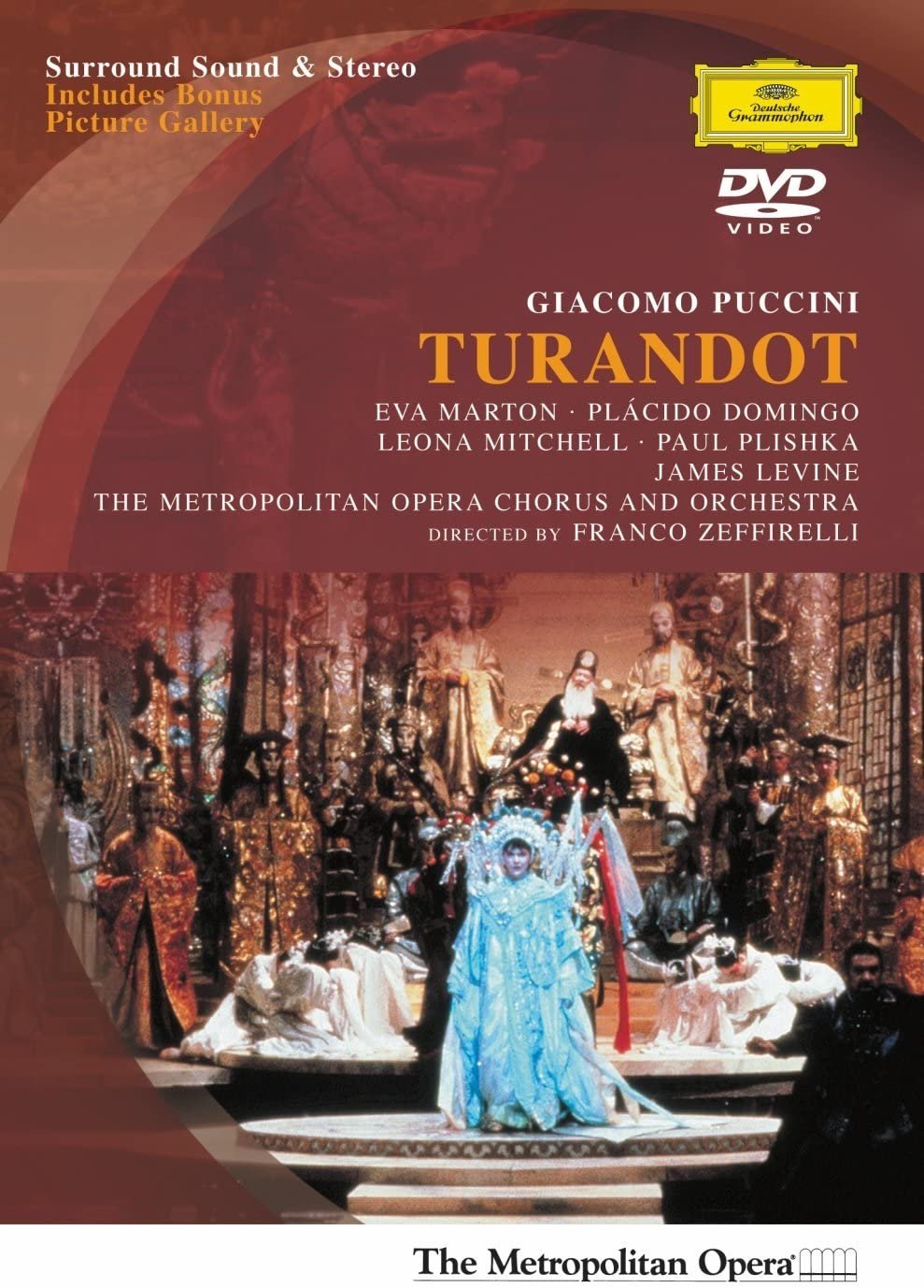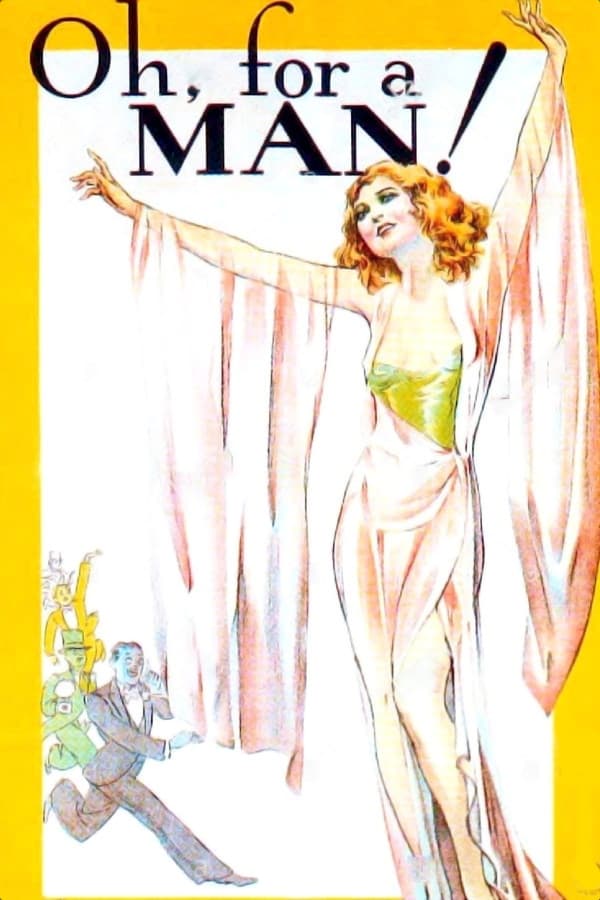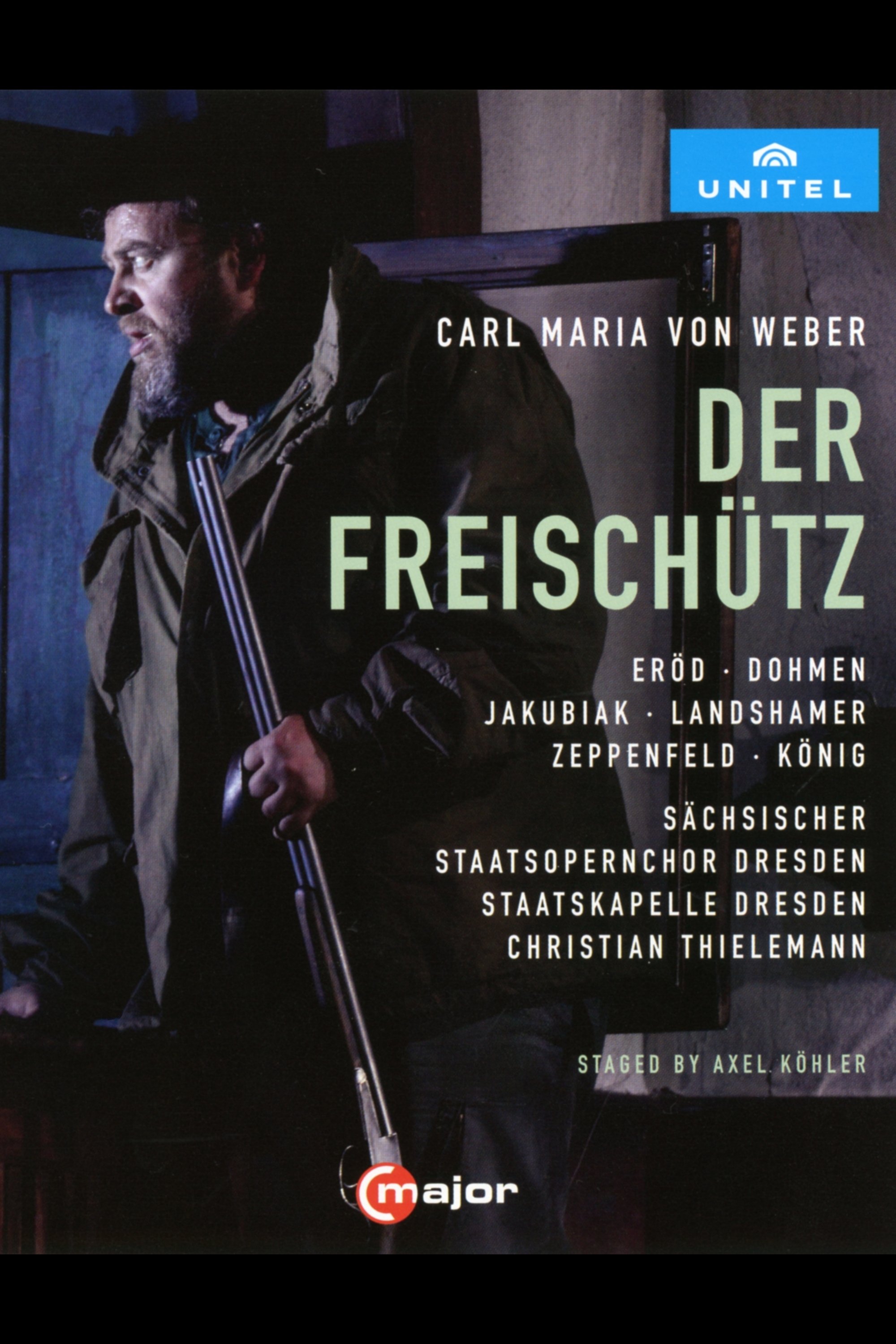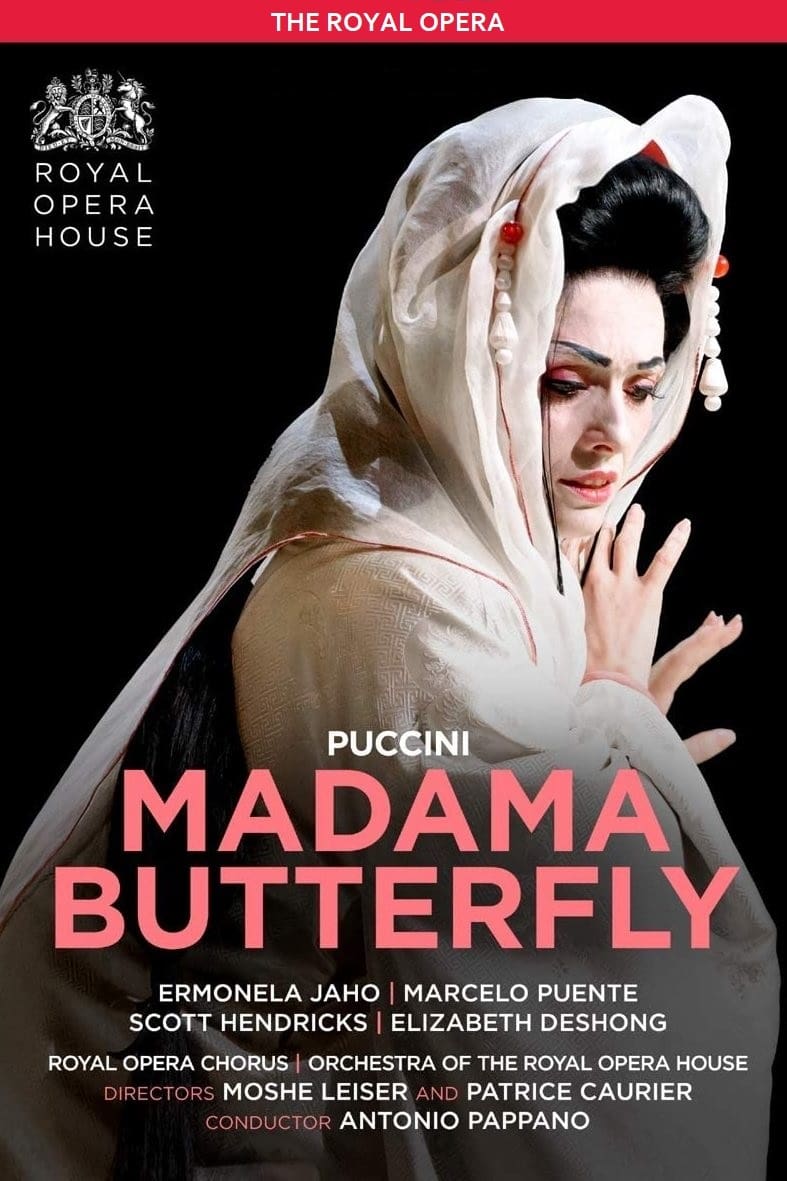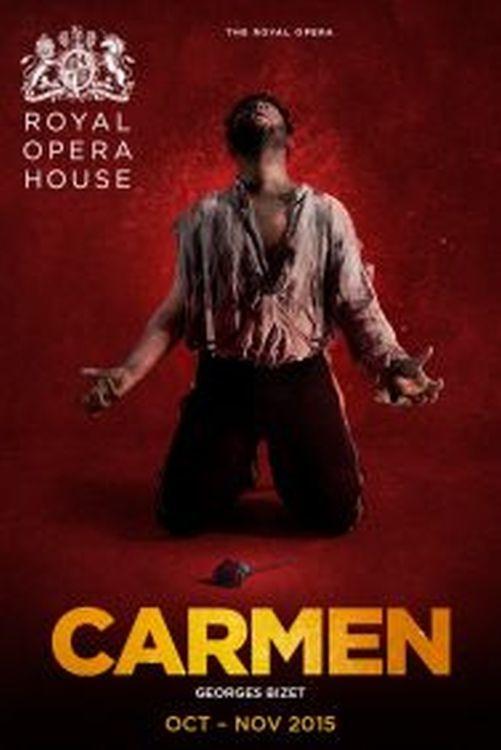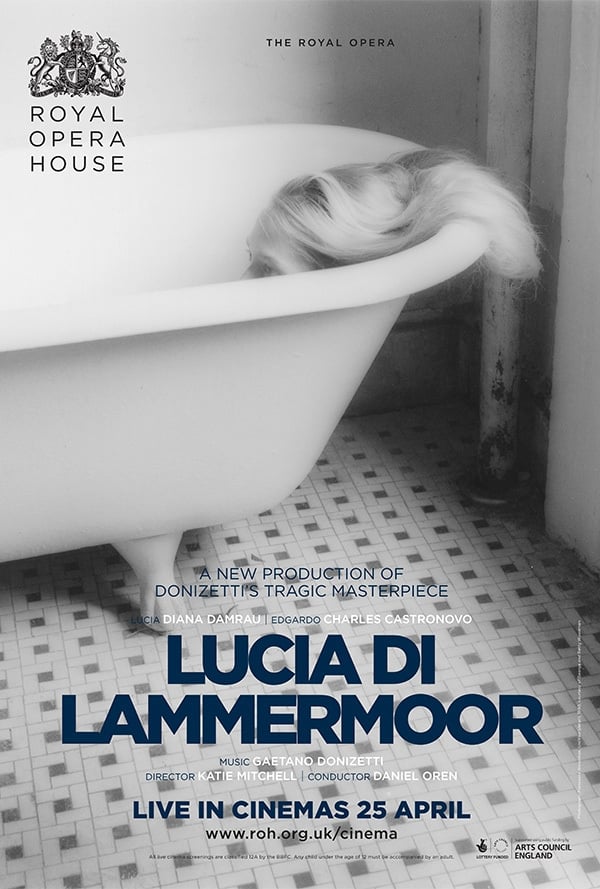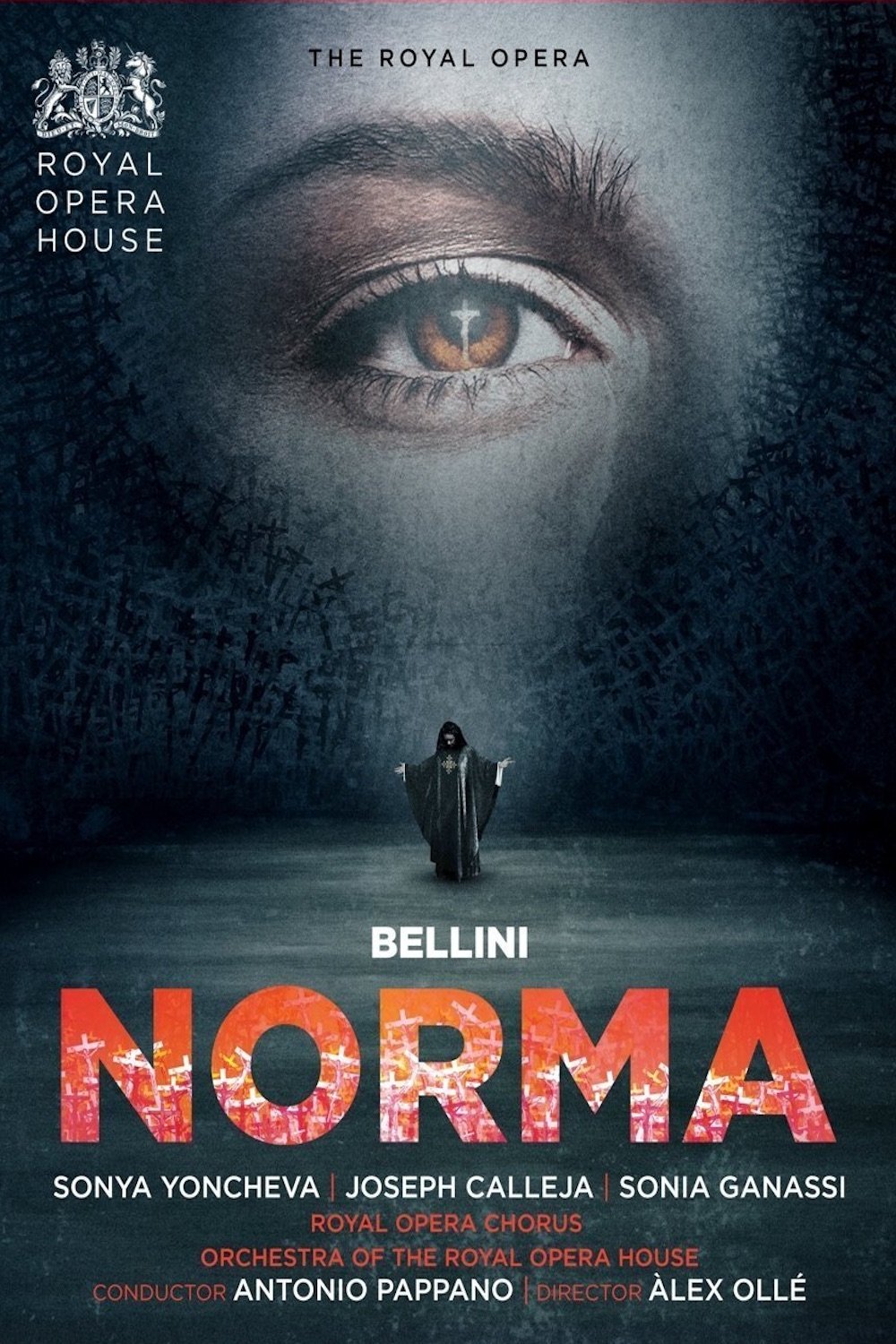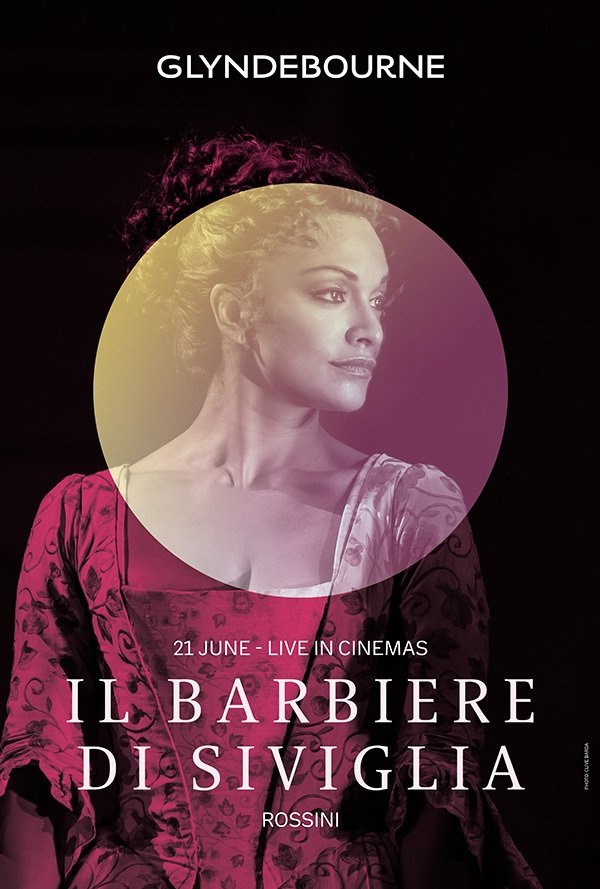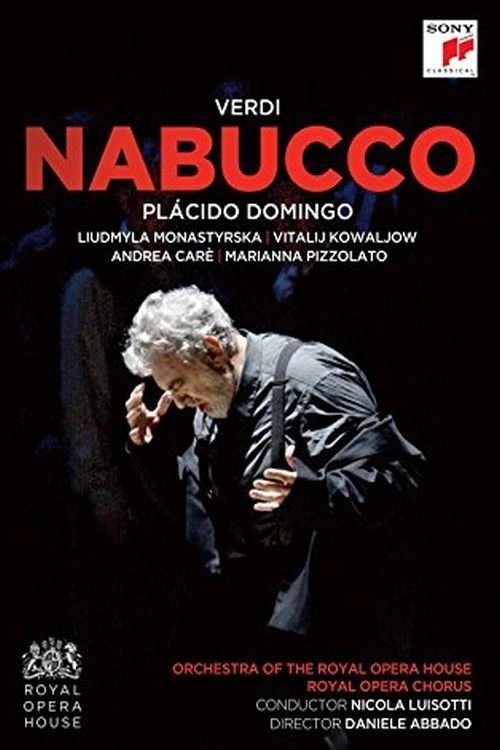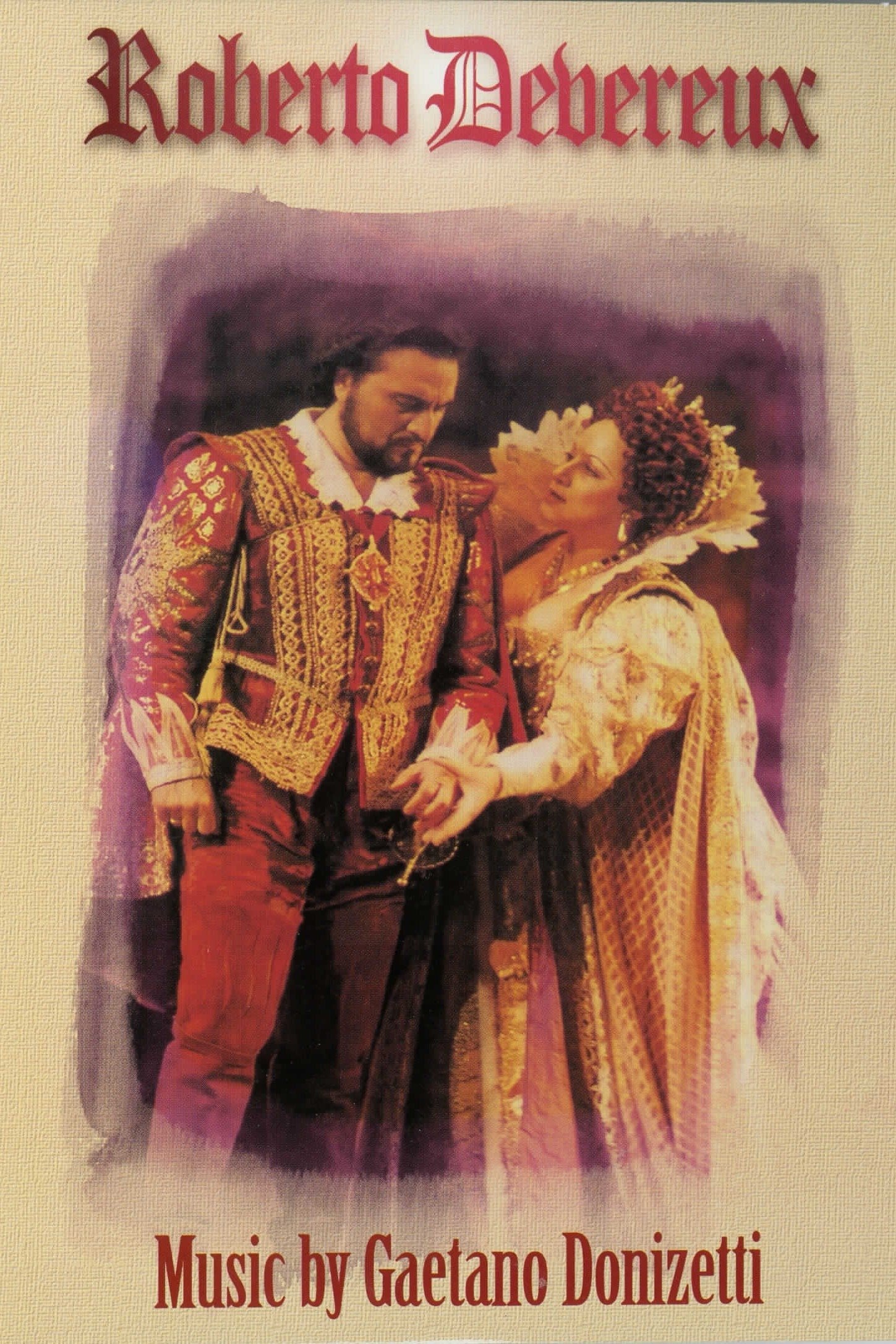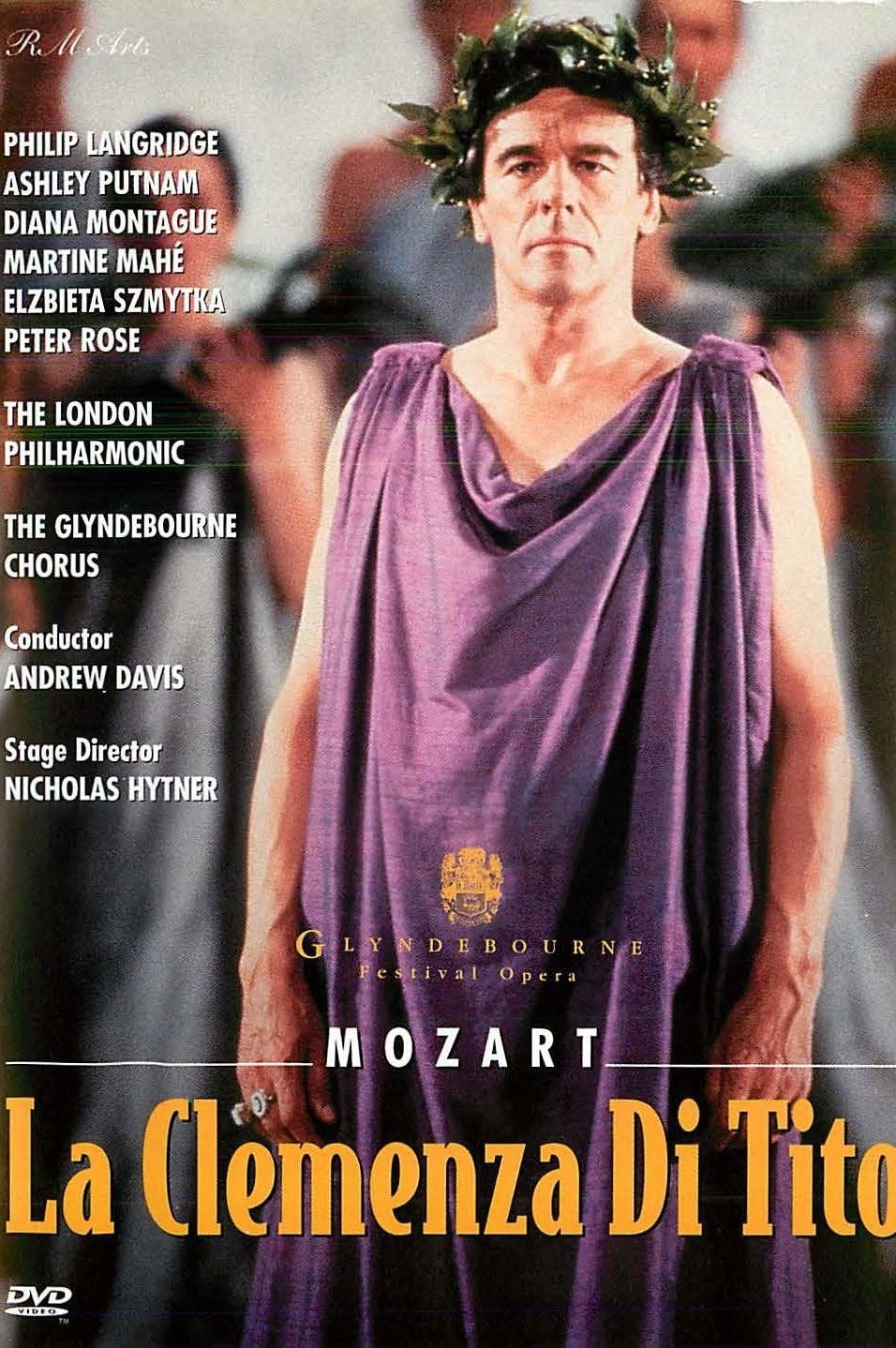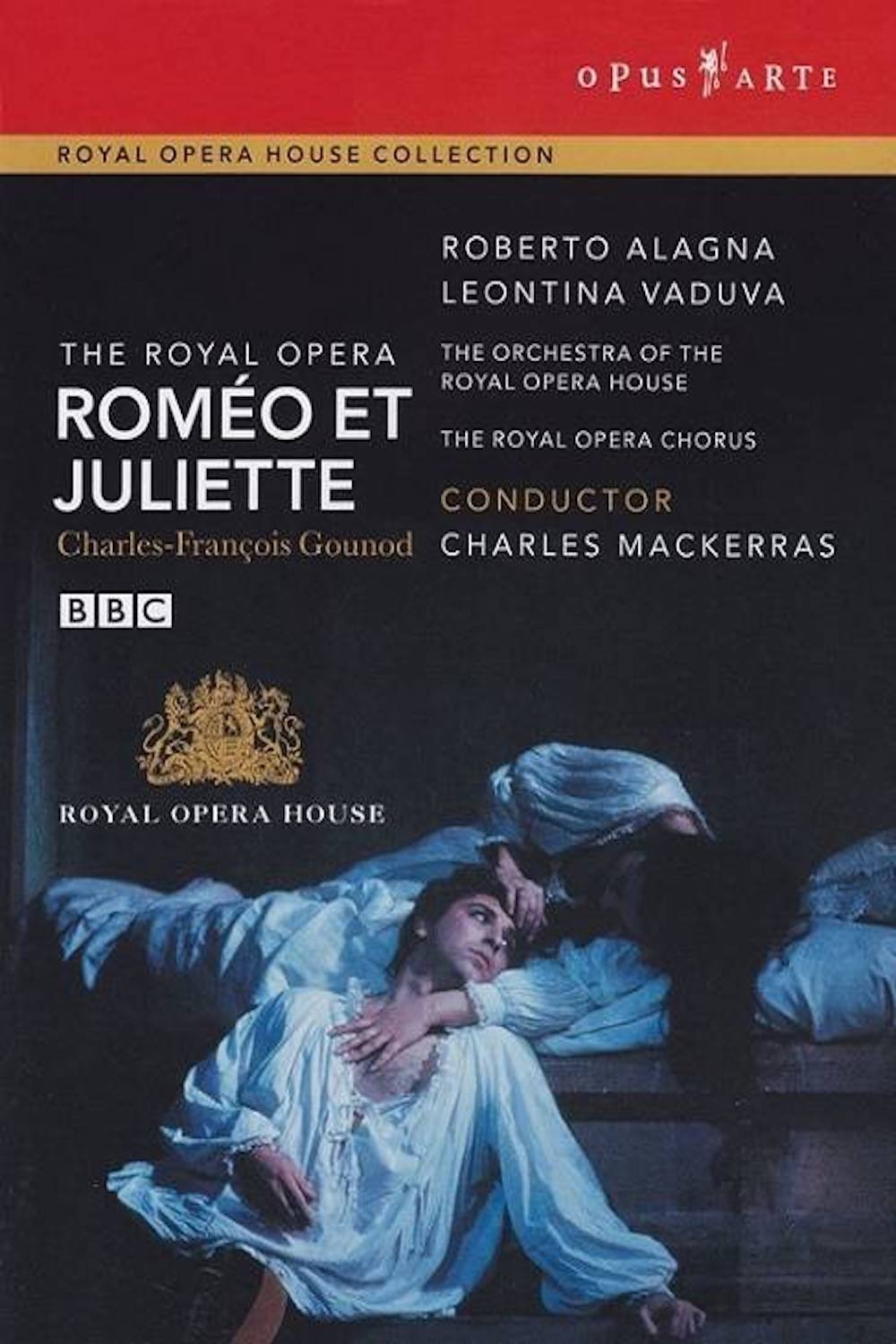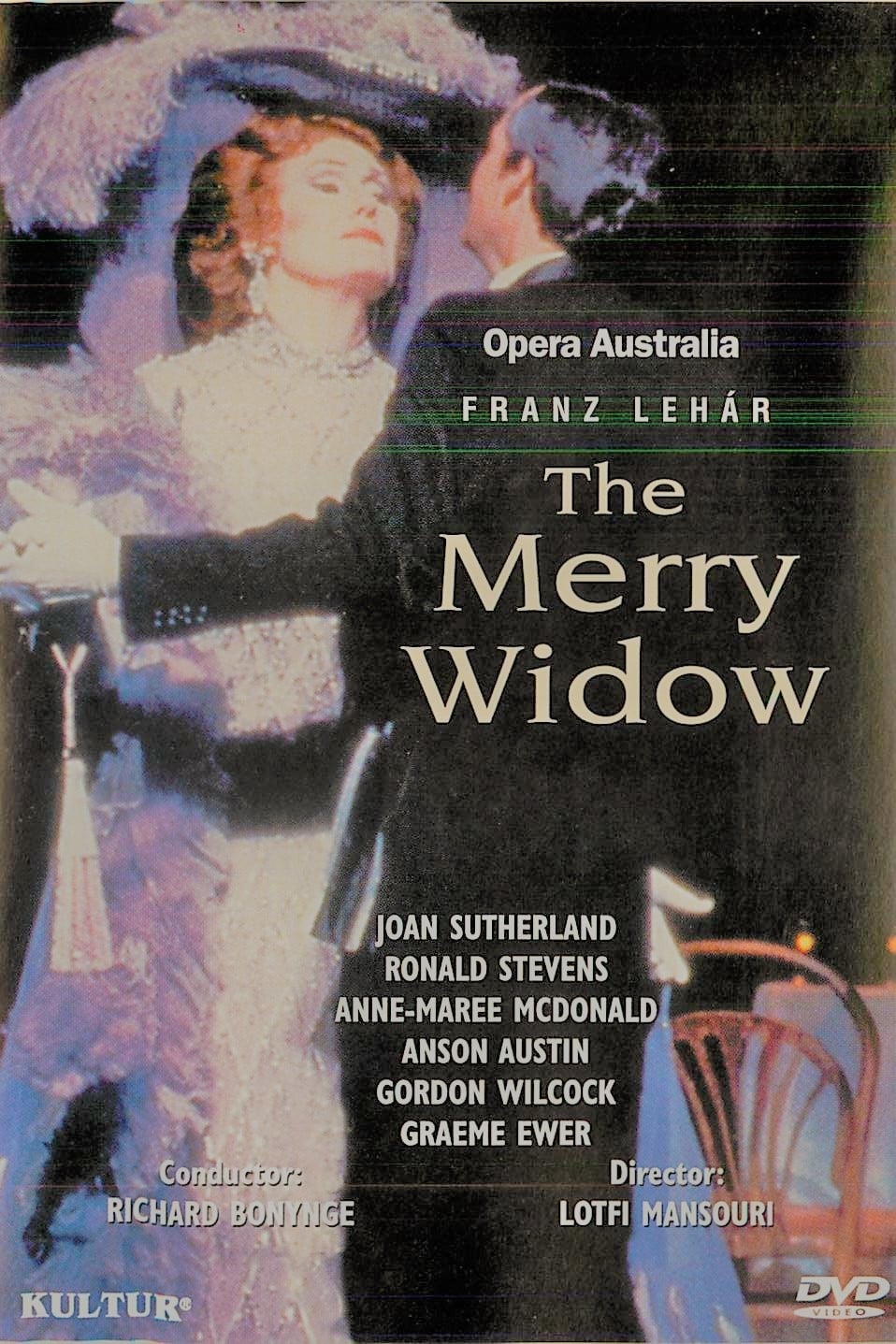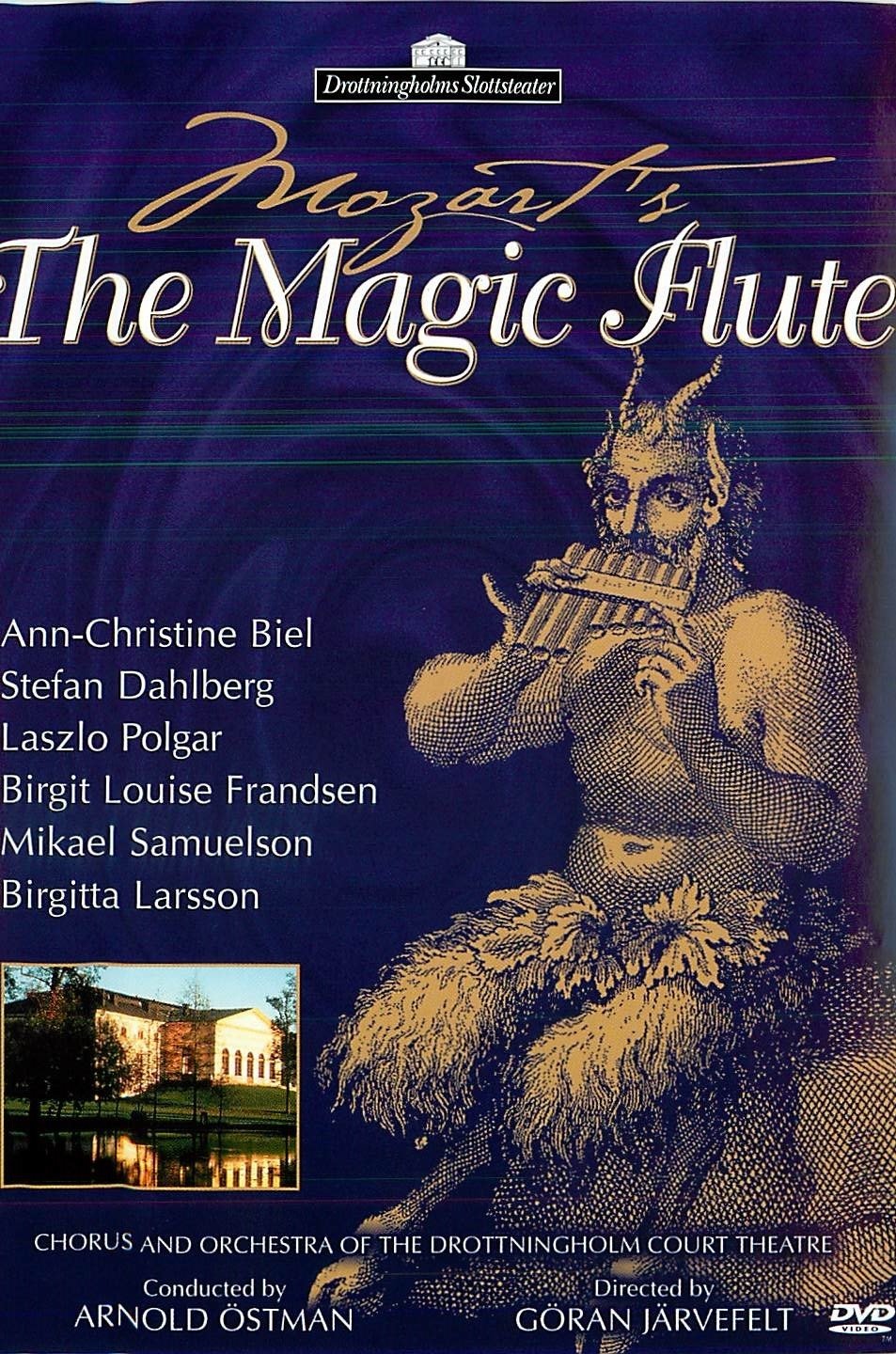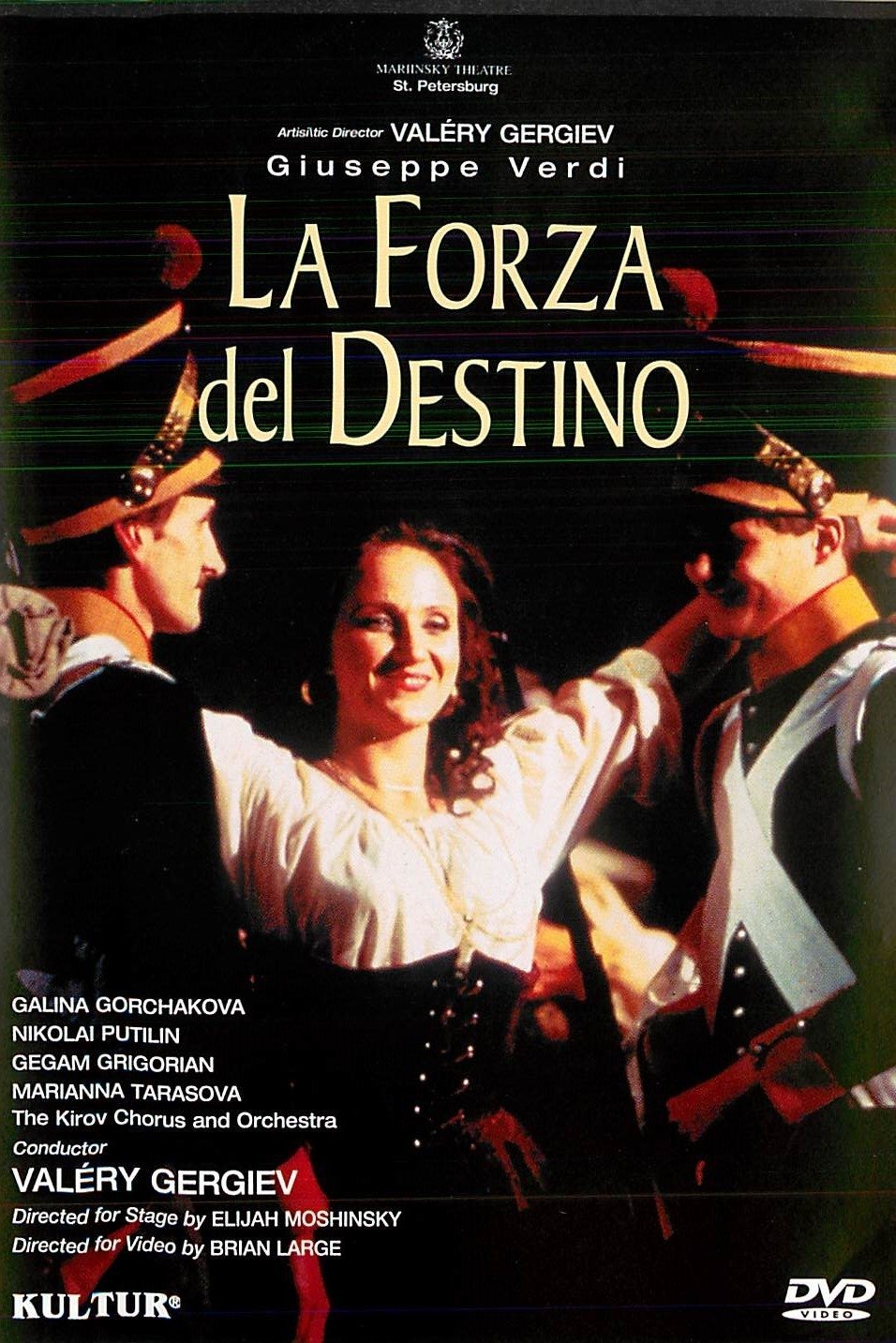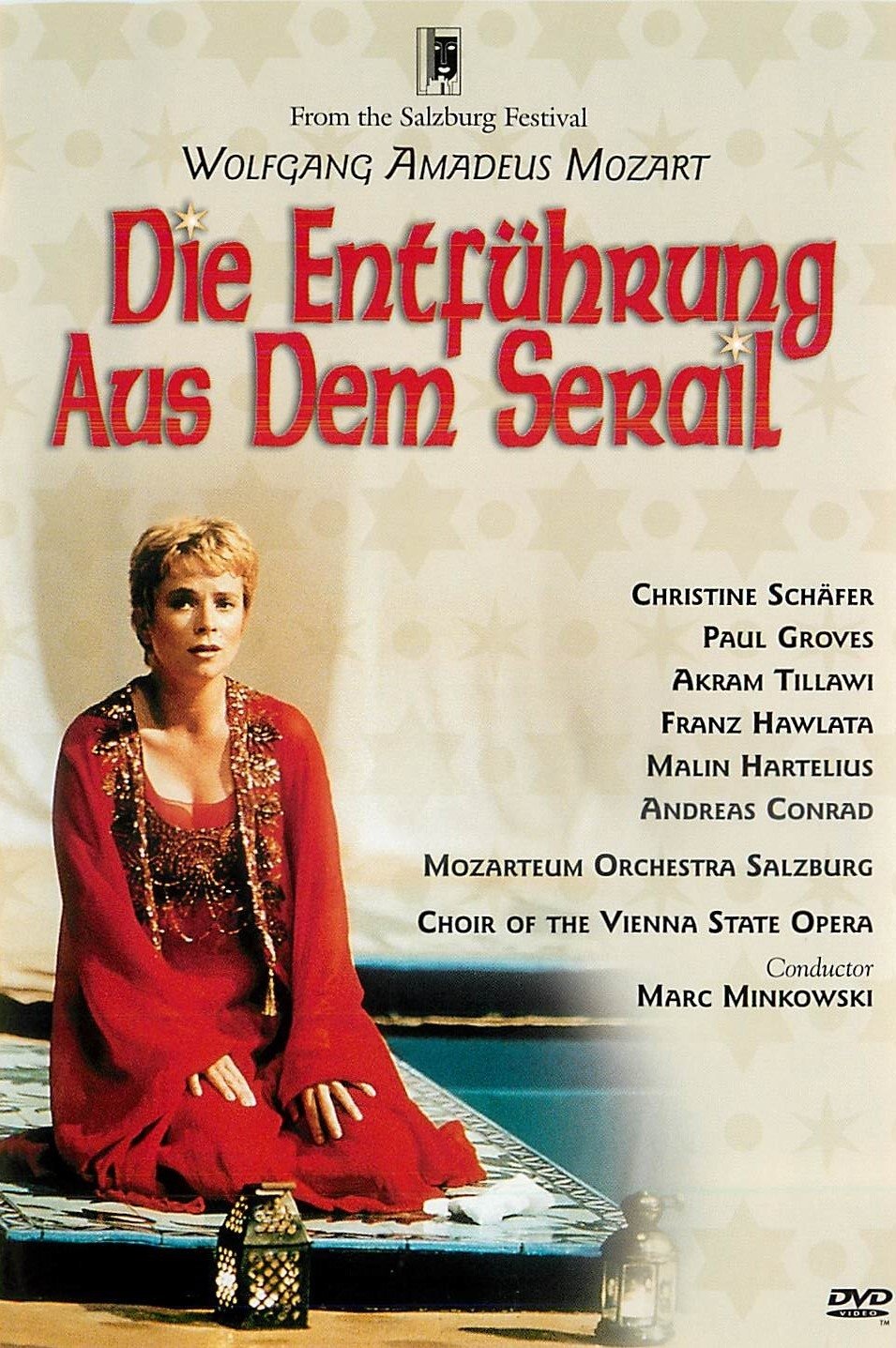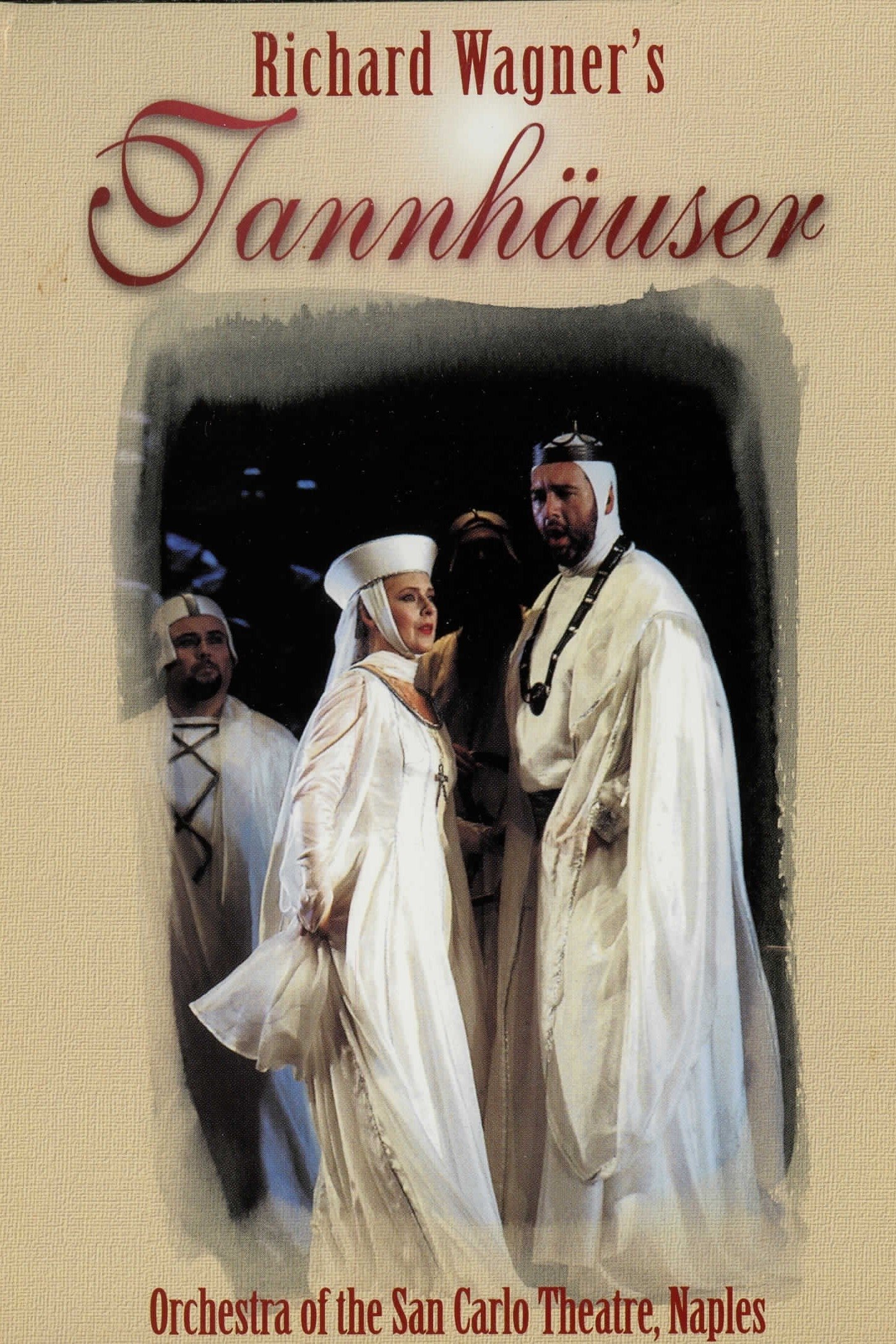Hippolyte and Aricie (Paris National Opera) (2014)
Overview
Topi Lehtipuu and Anne-Catherine Gillet star in the 2012 Opera National de Paris production of Jean-Philippe Rameau's opera Hippolyte et Aricie. Also starring Sarah Connolly and Stephane Degout.
Production Companies
Additional Info
| Budget | $0.00 |
|---|---|
| Revenue | $0.00 |
| Original Language | en |
| Popularity | 0.0907 |
Directed By
Crew
TOP CAST
Similar Movies
Turandot
The Franco Zeffirelli production of Puccini's "Turandot", recorded live at the Metropolitan Opera in April, 1987. Éva Marton stars as Turandot, with Plácido Domingo as Calaf, Leona Mitchell as Liù, Paul Plishka as Timur, and Hugues Cuenod as L'Imperatore Altoum. James Levine conducts.
Oh, for a Man!
Disenchanted opera star Carlotta Manson falls for ruffian cat burglar Barney McGann and gives up her career to marry him. But Barney grows disenchanted himself at being known as the husband of a diva and itches to get back to his life of crime and manliness.
Der Freischütz
Axel Köhler’s production of Der Freischütz at the Dresden State Opera was described by Die Presse as “a minor miracle in Dresden”. In the words of the Salzburger Nachrichten, Köhler “scored a bulleye” with his sombre and satanic interpretation of Weber’s Romantic opera about love, temptation, souls sold to the Devil, obsession andfaith. According to the Financial Times, Christian Thielemann and the Dresden Staatskapelle conjured up a sense of “mortal terror from the orchestra pit. […] Thielemann is in command of every detail. That makes for utterly gripping listening.”
Puccini: Madama Butterfly
Cio-Cio-San, the young Japanese bride of dashing American officer Lieutenant Pinkerton, finds her romantic idyll shattered when he deserts her shortly after their marriage. She lives in hope that one day he will return. Three years later, Cio-Cio-San and her little son see Pinkerton’s ship in the harbour. She excitedly expects his visit – but Pinkerton and his American wife Kate have come only to take the boy away, to raise him in America. Cio-Cio-San bids her son farewell and then takes her own life.
The ROH Live: Carmen
The young soldier Don José intends to marry Micaëla, a girl from his home village. But when he meets the sensual and high-spirited Carmen, he sacrifices everything to be with her. Carmen grows tired of Don José and falls in love with the toreador Escamillo. Unable to bear her leaving him, Don José tracks Carmen down to a bullring where Escamillo is fighting and murders her.
The ROH Live: Lucia di Lammermoor
Lucia’s brother Enrico is horrified to learn she has fallen in love with his sworn enemy Edgardo. He hastily arranges her marriage to his associate Arturo. Edgardo and Lucia privately exchange rings before he leaves to fight in France. Enrico tricks Lucia into believing that Edgardo has been unfaithful. Longing for death, she signs the contract with Arturo – moments before Edgardo returns. Lucia murders Arturo in their wedding bed. His death is followed first by Lucia’s, and then by Edgardo’s.
Bellini: Norma
The priestess Norma loves Pollione, leader of the occupying force suppressing her people, and has borne two children by him. But Pollione’s love has withered, and he now loves Norma’s fellow priestess Adalgisa. Meanwhile, the people urgently look to Norma to lead their rebellion. Norma discovers the love between Pollione and Adalgisa. Furiously she gives the signal for war. Pollione is captured, attempting to steal away with Adalgisa. Norma, called upon to announce a sacrificial victim to consecrate the uprising, declares it shall be a guilty priestess: herself.
Glyndebourne Live: Il barbiere di Siviglia
Figaro uses every trick he can muster to outwit Dr Bartolo and ensure his master wins his chosen bride. He meets his match in the would-be-bride Rosina, who has schemes of her own. Glyndebourne favourite Danielle de Niese adds the crafty Rosina to her growing list of bel canto heroines. Directed by Annabel Arden with playful energy springing from Rossini’s joyous music, this new production heralds the welcome return of a masterpiece not seen at Glyndebourne Festival since 1982.
The ROH Live: Nabucco
Nabucco, King of Babylon, takes Jerusalem in his war with the Israelites – but his daughter Fenena loves the Israelite Ismaele. She releases their prisoners, leading her vengeful half-sister Abigaille to plot to take power. Nabucco declares himself a god and is struck by a bolt of lightning. Abigaille tricks the now feeble king into signing a death warrant for the Israelites, including Fenena and Ismaele. Nabucco prays to the God of Israel for forgiveness; his sanity is restored and he saves the prisoners from death. He converts himself and his people, while Abigaille commits suicide.
Roberto Devereux
A lyric tragedy in three acts by Gaetano Donizetti, libretto by Salvatore Cammarano. Roberto Devereux was composed in the summer of 1837, the year, according to biographers, in which Donizetti seems to have suffered most, having lost his third son and his adored wife Virginia Vasselli. The opera made its debut at the San Carlo Theatre in Naples on October 28th in the same year and was a great success. The rehearsals of the original performance were postponed for a month due to censorship of the decapitation scene of the leading actor.
La Clemenza Di Tito
Mozart's La Clemenza Di Tito was originally commissioned to celebrate the coronation of the Emperor Leopold II as King of Bohemia in 1791. This rarely-seen masterpiece was Mozart's last opera. Nicholas Hytner's elegant staging for the Glyndebourne Festival Opera sheds new light on the compelling story of passion that overrides loyalty and integrity that is tested to the extreme.
Gounod: Romeo et Juliette
Charles Mackerras teases the romantic beauty from Gounod's score, which has been widely admired since its first performance at the Théâtre Lyrique, Paris, in 1867. In this 1994 recording, the youthful Roberto Alagna as Roméo and Leontina Vaduva as the unattainable Juliette lead an excellent cast in this touching portrayal of impossible love, based on Shakespeare's play.
Lehár: The Merry Widow
Turn of the century Paris provides the glittering setting for this light hearted tale of political and amorous intrigue amidst the gaiety of Parisian high society.. First performed in Vienna in 1905 and here performed in the English version by Christopher Hassal.
Mozart: The Magic Flute
A delightful fairy tale, Mozart's final operatic legacy remains a great work in the spirit of the Enlightenment. Intertwining music of awesome purity and beauty with the conventions of musical comedy, it explores Man's search for truth and his confusion between the forces of light and dark. This production from The Drottningholm Court Theatre is conducted by Arnold Ostman and played on authentic period instruments.
Verdi: La Forza del Destino
Taped live at the Mariinsky Theater in St. Petersburg, Valery Gergiev conducts this landmark production of Giuseppe Verdi's operatic masterpiece. This opera premiered at the Mariinsky Theatre in 1862, and is performed here in its original St. Petersburg version using reconstructions of the magnificent painted scenery.
Mozart: Die Entführung Aus Dem Serail
The celebrated three-act opera by Wolfgang Amadeus Mozart comes to life in this dynamic performance at the world-famous Salzburg Festival. Director Francois Abou Salem brings a modern Middle Eastern sensibility to this journey into Arabian and Muslim culture, filtering the comic tale of abduction for today's audiences. Soprano Christine Schafer portrays Constanze, a woman whose heart is torn between her fiance, Belmonte (Paul Groves), and her new master, Pasha Selim (Akram Tillawi). A sensual and resoundingly modern experience, this new interpretation casts new light on a classic musical work and infuses it with aching human emotion.
Tannhäuser
A romantic opera in three acts with music and libretto by Richard Wagner, performed by the Orchestra of the Teatro di San Carlo. The original title, Tannhauser und der Sangerkrieg auf Wartburg, reveals the real nature of the opera, born by a fusion of two traditional sagas and dedicated to the dualism of spirituality and sensuality and the possibility of redemption through love. Composed between 1843 and 1845, Tannhauser has a tormented musical theme, made up of constant variations. It debuted in Dresden in 1845 when Wagner was just over 30.


